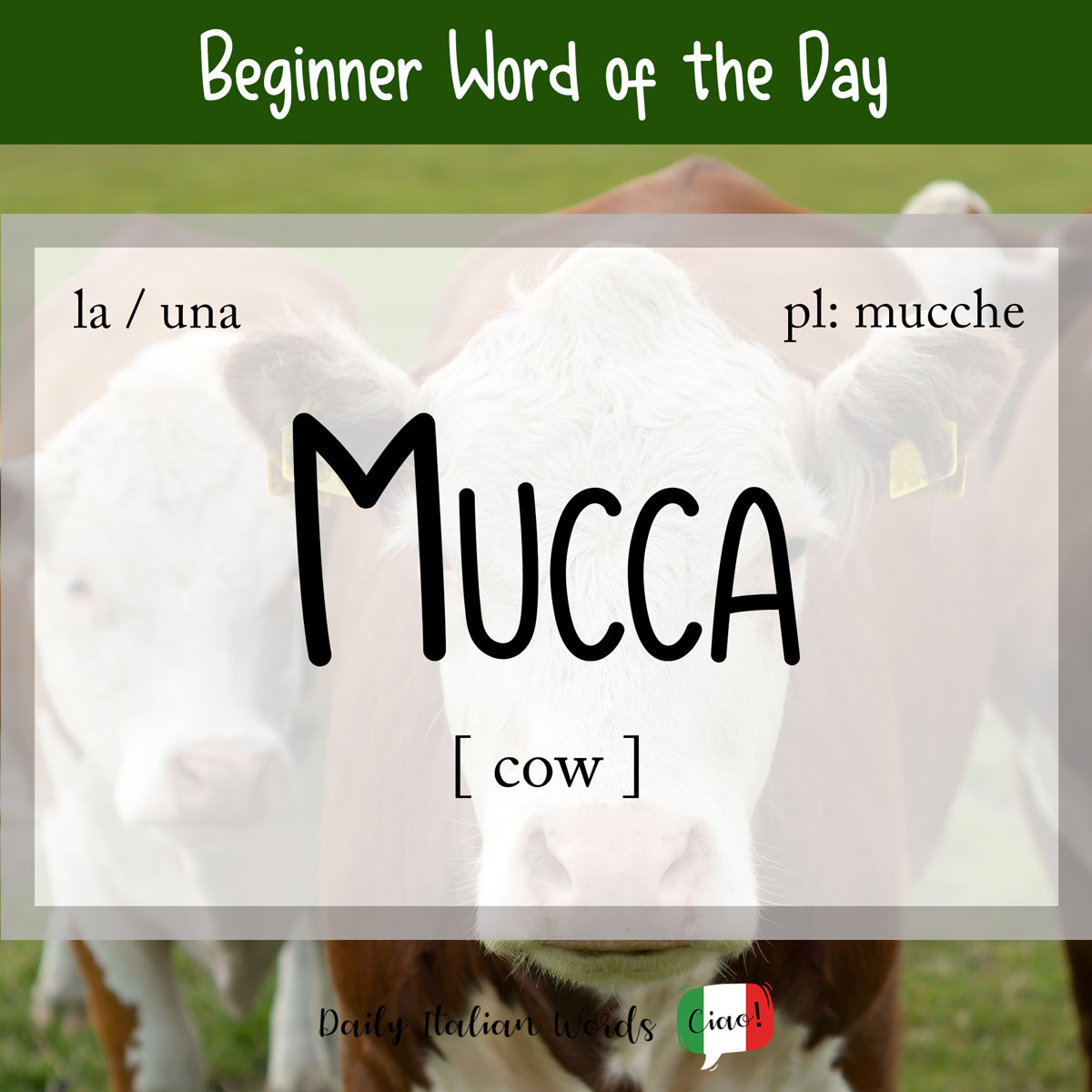Italian Word of the Day: Musica (music)
The Italian word for music is the similar sounding musica (feminine, plural: musiche). Both words can be traced back to the Greek mousikē (tekhnē) which means (art) of the Muses. Like the English word, musica is used to talk about not only the combination of melodic vocals and sounds itself, but also the art of …






